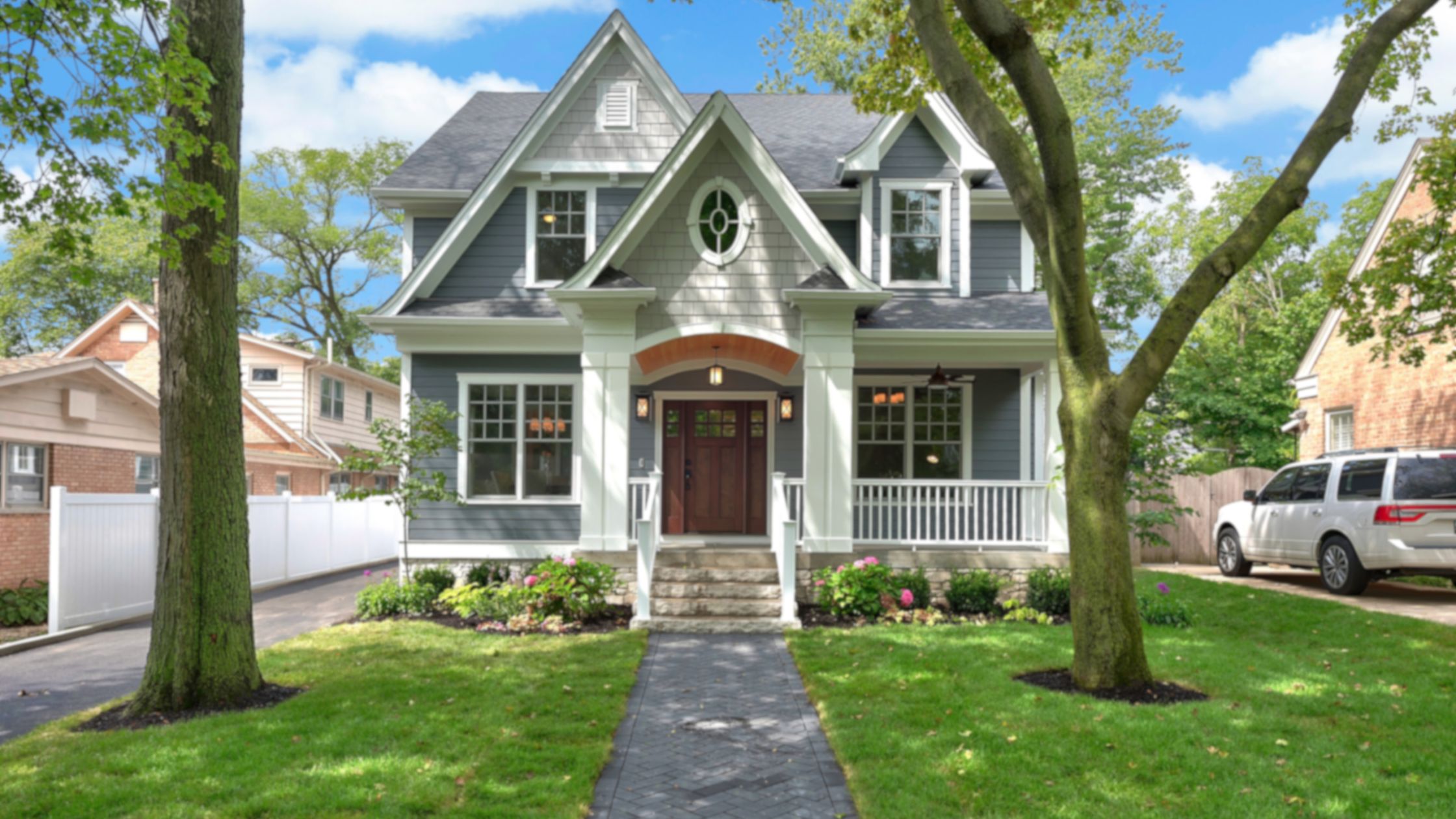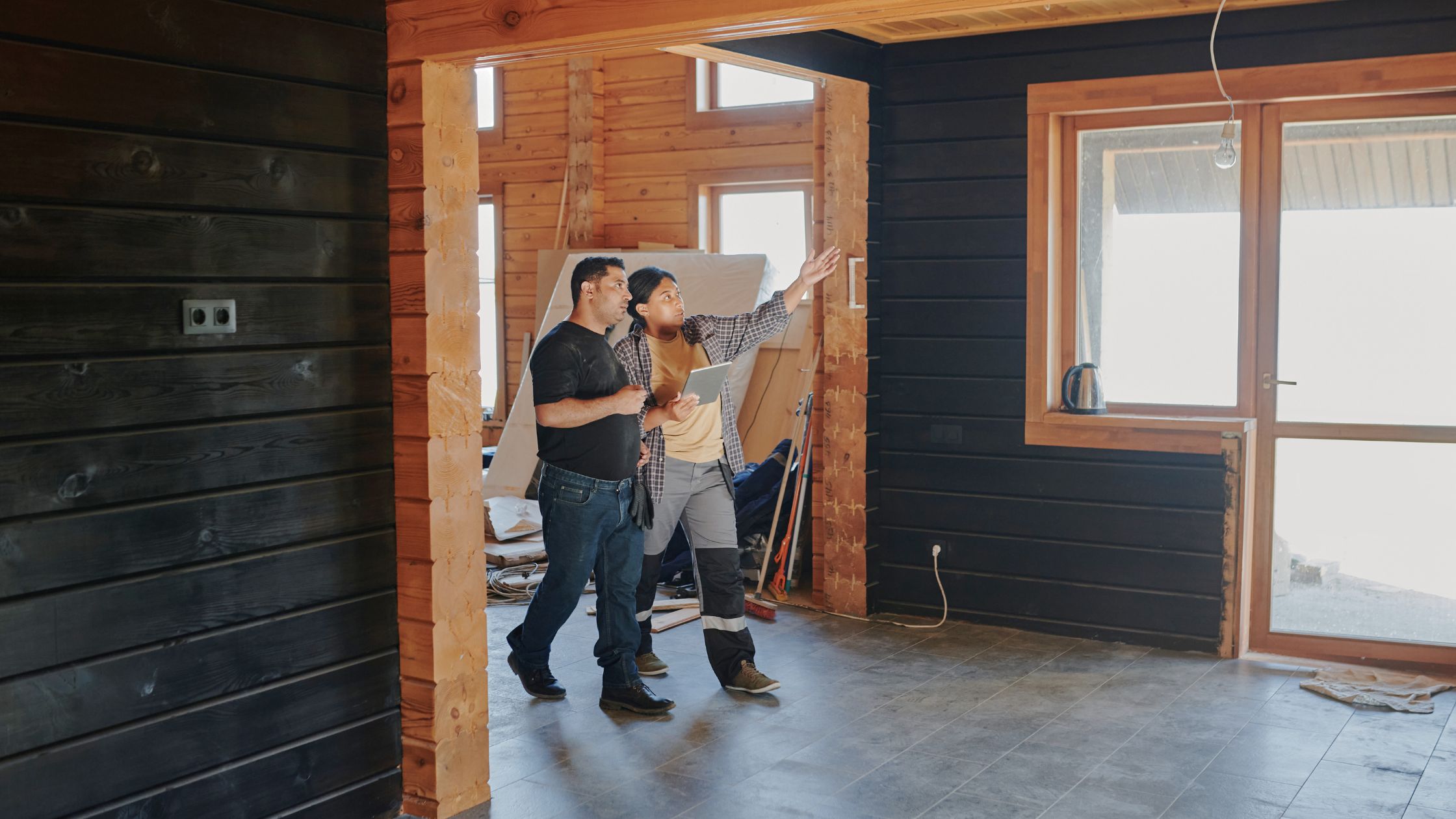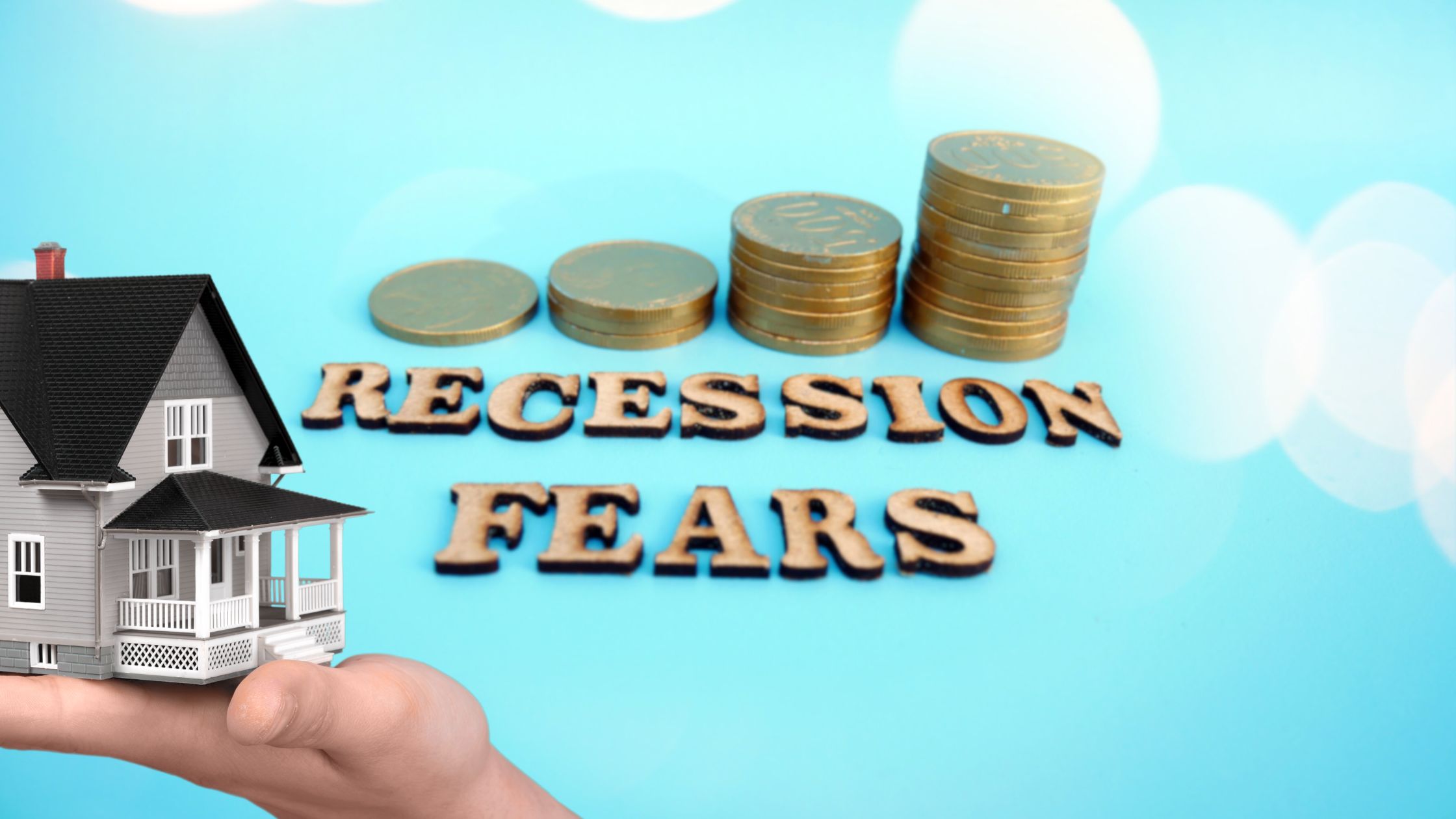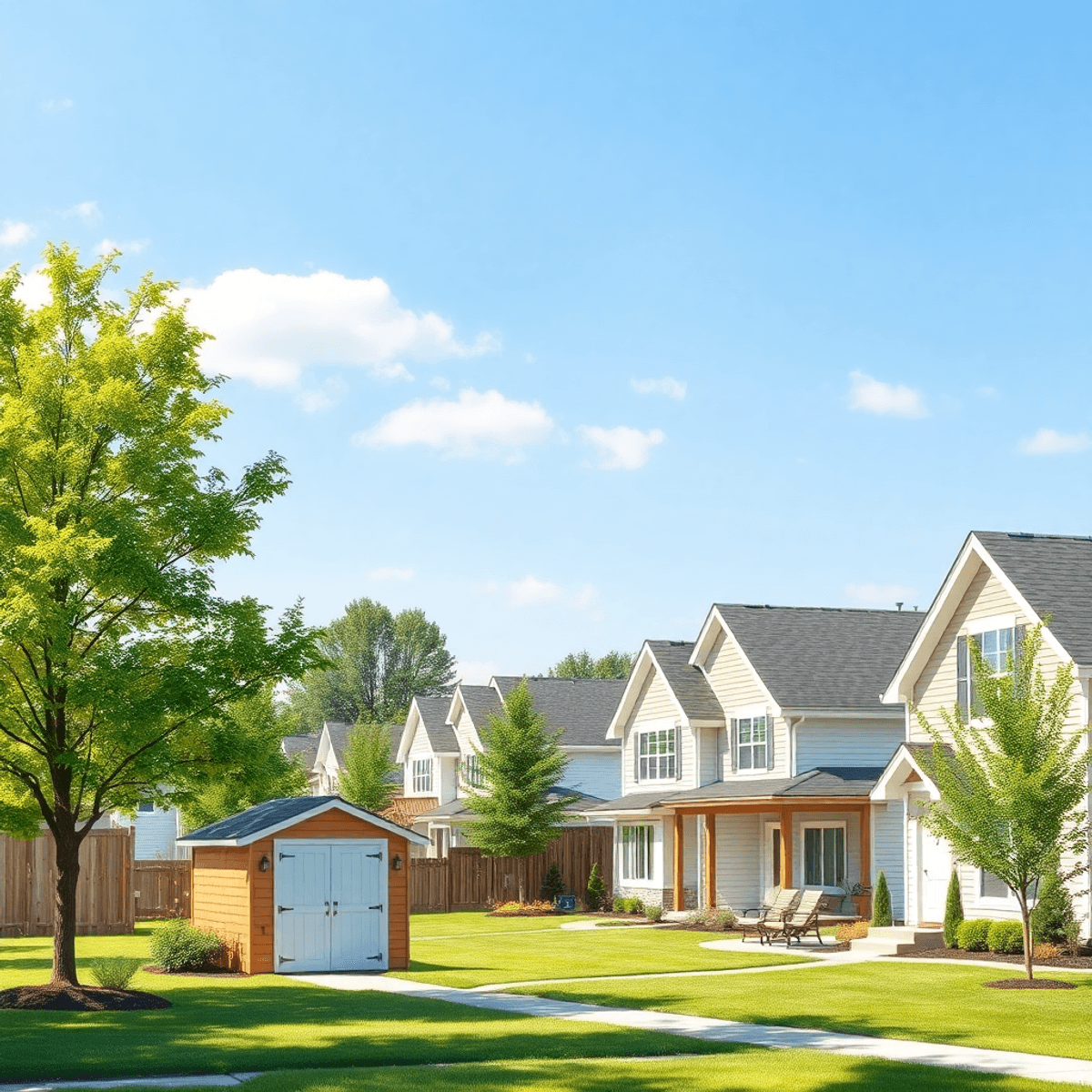Illinois Homeowner Tax Relief & Incentives (2025 Guide)
Property taxes remain a significant expense for Illinois homeowners. The Illinois Homeowner Tax Relief & Incentives (2025 Guide) is designed to help you navigate the various property tax incentives Illinois offers in 2025, highlighting key programs and eligibility requirements. The state continues to prioritize easing property tax burdens by introducing and expanding targeted tax exemption programs.
Illinois homeowner tax relief 2025 is relevant no matter your situation:
- Seniors benefit from homestead exemptions and assessment freezes.
- Veterans and their families can access exclusive reductions and new provisions.
- Disabled individuals receive tailored exemptions.
- Homeowners impacted by disasters find support through recovery-focused tax breaks.
A wide range of Illinois tax exemptions is available—each with unique qualifications and processes. This guide walks you through the most important incentives, ensuring you know how to claim the savings you deserve.
As you explore these options, consider that the potential savings from tax relief can be substantial. For instance, if you’re contemplating a move into a more compact living space, this Rustic Amazon Tiny House could be a viable option. With five rooms plus a bonus loft, it offers ample space while potentially reducing your property tax burden.
Furthermore, if you’re planning any home improvement projects that involve tiling, understanding the difference between sanded vs. unsanded grout could save you money in the long run.
On another note, if you’re looking for quick and easy dessert recipes during this busy period of navigating taxes and home improvements, try out some dump cake recipes. They’re simple to make—just dump in your ingredients, mix (or don’t), and bake!
Lastly, as you prepare for summer or winter home maintenance, remember that choosing the right ceiling fans can significantly affect your energy bills.
Understanding Property Tax Relief in Illinois
Property taxes in Illinois are calculated using the equalized assessed value (EAV) system. Every property receives an assessed value, which is then multiplied by a state-set equalization factor to determine the EAV. Local tax rates are then applied to this EAV to calculate annual property tax bills. The process is designed to ensure fairness across different counties and taxing districts, but rising market values can quickly increase the property tax burden for Illinois homeowners.
How Rising Home Values Affect Property Taxes
As home values appreciate, so do EAVs—often resulting in significant jumps in yearly tax bills. Without intervention, these increases can outpace wage growth and strain household budgets. This dynamic led to the creation of state-sponsored relief programs. The intent: to offset sudden spikes and make sure homeowners, especially those on fixed incomes or with additional challenges, aren’t priced out of their homes.
Factors That Determine Eligibility for Property Tax Relief
Eligibility for Illinois property tax relief varies based on factors like age, income, veteran status, disability, and unique events such as natural disasters. Application processes differ by program and county, often requiring annual renewal and supporting documentation—proof of age, income statements, disability ratings, or military service records. Staying informed about requirements and deadlines is essential for maximizing available exemptions and incentives under the Illinois property tax system.
Managing Household Expenses Alongside Property Tax Relief
In addition to understanding property tax relief options, it’s also important for homeowners to manage their household expenses effectively. For instance:
- Dishwasher pods can be convenient but might cause plumbing issues if not used correctly.
- Knowing how to remove lipstick stains from clothes can save money on clothing replacements.
Homeowners might also want to explore cost-effective shopping options at stores like Aldi. A list of the best Aldi products could provide some insight into affordable yet quality grocery items.
As we navigate through these financial challenges, remember that small changes in our daily habits can lead to significant savings over time.
Core Tax Relief Programs: Homestead Exemptions
Illinois homeowners searching for meaningful property tax relief in 2025 consistently turn to homestead exemptions as a foundational benefit. These exemptions directly reduce the taxable value of a primary residence, lowering annual property tax bills across the state. Understanding how these programs function is crucial if you want to maximize your savings and maintain compliance with local requirements.
General Homestead Exemption (GHE)
The General Homestead Exemption (GHE) serves as the cornerstone of property tax relief for most Illinois residents. This exemption is designed specifically for owner-occupied homes and is available statewide, though the maximum benefit varies by county.
How It Works
- Calculation Method:
The GHE reduces the Equalized Assessed Value (EAV) of your home by an amount equal to the increase in EAV above its 1977 level. The intent is clear—protect homeowners from escalating property taxes due to long-term appreciation. - County-Specific Limits:
Each county sets its own cap on the maximum exemption allowed under this program. For example:- Cook County home exemption: Up to $10,000 off the EAV each year.
- Most other counties: Maximums typically range from $6,000–$8,000 depending on local ordinances.
- Eligibility Criteria:
You must occupy the property as your principal residence as of January 1 of the tax year in question. Second homes, rental properties, or commercial buildings do not qualify.
Application and Renewal Process
- First-Time Application:
New homeowners or those claiming a homestead exemption Illinois 2025 for the first time need to submit an application through their local county assessor’s office. Documentation such as a driver’s license showing the property address, a recent utility bill in your name, or a closing statement from your home purchase may be required. - Annual Renewal:
Most counties in Illinois no longer require you to reapply every year once your exemption is approved. However, Cook County periodically mails renewal forms or requests additional verification if there are ownership changes or discrepancies in occupancy records. - Change in Status:
If you move, sell your home, or change its use (such as converting it into a rental), you must notify your assessor immediately to avoid penalties.
“Illinois Homeowner Tax Relief & Incentives (2025 Guide)” spotlights the GHE as an essential tool for preserving affordability amid rising assessments.
Why It Matters
The general homestead exemption not only provides direct dollar savings but also shields long-term homeowners from sharp tax hikes linked to neighborhood development or surging real estate prices. With consistent application and awareness of local rules, you keep more money in your pocket while complying with state law.
Staying informed about updates to maximum exemption limits—especially in highly populated areas like Cook County—is critical if you want to capture every available benefit.
Senior Citizens Homestead Exemption & Low-Income Senior Freeze
Illinois offers targeted property tax relief for senior homeowners through two primary programs: the Senior Citizens Homestead Exemption and the Low-Income Senior Citizens Assessment Freeze (commonly known as the “Senior Freeze”). Both options play a vital role in lessening the property tax burden for older residents, particularly those on fixed incomes.
1. Senior Citizens Homestead Exemption
Eligibility: Any Illinois homeowner aged 65 or older who occupies their property as a primary residence can qualify.
Benefit: This exemption reduces the equalized assessed value (EAV) of your home, lowering your taxable amount. The maximum exemption varies by county—Cook County allows up to $8,000 off your EAV.
Application: First-time applicants must submit proof of age and residency to their local assessor. Annual renewals are typically required, even if you have previously qualified.
2. Low-Income Senior Citizens Assessment Freeze (Senior Freeze)
Eligibility: Homeowners aged 65+ with a total household income under $65,000 may apply. You must occupy the home as your permanent residence.
Benefit: The program freezes your EAV at the level it was when you first qualified, protecting against increases even as market values rise—helpful in areas where property values continue to climb.
Annual Filing: Renewal is required every year with updated income documentation and residency verification.
These exemptions work alongside the general homestead exemption Illinois 2025 offers, providing an extra layer of support specifically for seniors. Combining these programs can result in substantial savings on annual tax bills for eligible homeowners.
Disability-Based Homestead Exemptions
Illinois homeowners with disabilities have access to targeted tax relief designed to make homeownership more affordable. The Homestead Exemption for Persons with Disabilities provides a $2,000 annual reduction in the Equalized Assessed Value (EAV) of a qualifying primary residence. This exemption directly reduces the taxable value of your home, leading to lower property tax bills.
Eligibility highlights:
- The exemption applies if you occupy the home as your primary residence and are classified as disabled under Social Security Administration or Veterans Affairs guidelines.
- Annual renewal is required, with documentation verifying disability status.
For veterans, Illinois offers additional layers of support through disability-based exemptions:
- Specially-adapted housing exemptions for veterans whose homes have been modified to accommodate service-connected disabilities.
- EAV reductions scale with the veteran’s disability rating—veterans rated at 70% or higher may see their entire property exempt from taxation in some cases.
- Surviving spouses of qualifying disabled veterans can continue to benefit from these reductions after the veteran’s passing.
In Cook County and other counties, these exemptions operate alongside core programs like the general homestead exemption and senior citizen homestead exemption, allowing eligible homeowners to combine multiple forms of relief. Staying informed about specific filing requirements and deadlines at the county assessor’s office is essential for maximizing your benefits under the Illinois Homeowner Tax Relief & Incentives (2025 Guide).
This financial relief can significantly ease the burden of homeownership, allowing families to invest in making their homes more comfortable and accommodating. For instance, with the reduced property tax bills, homeowners might consider upgrading their living space with best kid- and pet-friendly couches that combine style and durability. Alternatively, as Halloween approaches, they could use some of that savings to splurge on horror film-themed Halloween decor that adds a fun twist to their home.
Veterans’ Tax Relief Programs
Illinois veterans have access to targeted property tax relief options that recognize their service and unique needs. These programs operate alongside the general homestead exemption (GHE Illinois), which reduces taxable equalized assessed value (EAV) based on property appreciation since 1977. For Cook County, the general homestead exemption can reach up to $10,000.
Returning Veterans’ Homestead Exemption
For those returning from active duty, the Returning Veterans’ Homestead Exemption delivers a $5,000 reduction in EAV for two consecutive years following their return. This incentive applies directly to principal residences and offers an immediate benefit as service members reintegrate into civilian life.
Veteran Disability Exemptions
Veteran disability exemptions Illinois offer substantial relief for veterans with qualifying disabilities:
- Standard homestead exemption amounts increase according to the veteran’s disability rating.
- Specially-adapted housing may qualify for additional reductions beyond standard thresholds.
- Surviving spouses of disabled veterans can continue receiving benefits under recent provisions — including expanded eligibility for surviving spouses of WWII veterans starting in 2024.
The Illinois Homeowner Tax Relief & Incentives (2025 Guide) spotlights these programs as vital tools for eligible families, ensuring long-term affordability and honoring military service through real financial support.
Each county administers these exemptions individually, so requirements and maximums can vary. Staying informed about filing deadlines and documentation helps secure these valuable tax savings year after year.
Property Tax Deferral Program for Seniors
The senior citizens real estate tax deferral Illinois program offers a practical solution for homeowners aged 65 and older who need relief from annual property tax payments. Under this property tax deferral program 2025, qualifying seniors with total household incomes of $65,000 or less can defer payment of up to $7,500 in property taxes each year on their principal residence.
Key aspects include:
Eligibility Requirements:
- At least one owner must be 65 years or older.
- The home must be the principal place of residence.
- Annual household income must not exceed $65,000.
Deferral Limit:
- Seniors can defer up to $7,500 per year in property taxes, helping manage cash flow without risking immediate loss of their home.
Repayment Terms:
- Deferred taxes become a lien on the property. Repayment is required when the homeowner sells the home, transfers ownership, or upon death.
- Interest accrues on deferred amounts at a rate set by the state.
This program acts much like a low-interest loan from the state. It’s not a forgiveness plan—eventual repayment is mandatory and secured by the value of the home. Homeowners considering this option should review potential impacts with family members or financial advisors before applying.
Tax deferral offers flexibility for seniors who wish to remain in their homes without being pressured by rising property tax bills. This safeguard complements Illinois’ broader commitment to targeted homeowner relief.
In such scenarios, some homeowners may consider downsizing to manage expenses better. They might ponder over whether to invest in a new sofa or couch for their smaller living space. It’s interesting to note that while many use these terms interchangeably, there are subtle differences between a sofa and a couch that could influence their decision.
Additionally, as they settle into their new homes, some seniors might also think about enhancing their garden spaces. If they have an interest in gardening and are considering planting peonies, it’s essential to know when to plant peonies for optimal growth and blooming results.
Home Improvement and Disaster Recovery Incentives
Illinois homeowners who make significant upgrades or face rebuilding after a catastrophe benefit from dedicated property tax relief programs. The home improvement exemption Illinois program is designed to encourage renovations and upgrades without penalizing owners with an immediate spike in property taxes. If you remodel, add rooms, build a new garage (for which you can find the best garage door openers here), or otherwise improve your primary residence, up to $75,000 of increased fair market value from these improvements is exempt from taxation for four years. This applies even if the upgrades are made as part of rebuilding after a disaster.
The natural disaster homestead exemption provides essential support for those whose homes have been affected by calamities such as floods, tornadoes, or fires. With this exemption, qualifying properties are assessed based on their pre-disaster value rather than any increased assessment due to reconstruction. This valuation method shields homeowners from sudden tax hikes when they are most vulnerable and eases the financial challenges of recovery.
- Key points:
- Home Improvement Exemption: Up to $75,000 in increased value exempt for four years.
- Natural Disaster Homestead Exemption: Assessment based on pre-disaster valuations.
- Both programs apply only to primary residences and require timely application through your local county assessor’s office.
These incentives provide financial breathing room during periods of investment or recovery, ensuring that property taxes do not become an added burden when stability is most needed.
In addition to these financial aids, homeowners may also consider incorporating different aesthetics into their home during renovations. For instance, the Vampire Aesthetic, marked by moody tones and gothic-inspired designs, could give your home a unique flair. Alternatively, the Strega Nona Aesthetic offers a nostalgic and cozy vibe that can be particularly comforting during the fall season. As winter approaches, embracing the Cinnamon Girl Aesthetic might be the perfect upgrade for your home during the holiday season and beyond.
Understanding the Property Tax Extension Limitation Law (PTELL)
PTELL Illinois 2025 plays a crucial role in the state’s strategy for controlling property tax growth in Illinois. This law specifically targets non-home rule taxing districts, imposing restrictions on how much these districts can increase their annual property tax extensions, regardless of fluctuations in property values.
How PTELL Works
Under PTELL, even when market conditions lead to higher assessed values, there is a limit in place. This limit ensures that levy increases remain at either 5% or the Consumer Price Index (CPI) for the previous year—whichever is lower.
Key Points About PTELL’s Impact:
- Applies Only to Non-Home Rule Districts: Most suburbs and rural areas benefit from this law, while home-rule municipalities like Chicago are exempt.
- Caps on Tax Extension Increases: Taxing bodies cannot collect significantly more from homeowners just because property values are rising.
- Indirect Relief for Homeowners: Although PTELL does not directly reduce individual assessments or tax bills, it limits the rate at which local governments can raise total property taxes. This provides some predictability for household budgeting.
The Benefits of PTELL
For property owners in districts governed by PTELL, this law brings about steadier tax bills from one year to the next. It offers a framework that supports the broader goals of Illinois Homeowner Tax Relief & Incentives (2025 Guide).
By providing structural control over tax growth alongside targeted exemptions, PTELL helps homeowners manage their financial responsibilities more effectively. Understanding whether your district falls under PTELL’s jurisdiction can give you insights into what to expect regarding future tax changes.
Additional Considerations
In addition to these financial aspects, it’s also important to consider how homeownership can influence one’s lifestyle choices. For instance:
- Owning a home could provide an opportunity to cultivate unique plants such as the African milk tree, which can be a delightful addition to any household.
- With the right property, one could even explore seasonal decor options that align with personal aesthetics and preferences, making homeownership a multifaceted experience beyond just financial implications.
These factors further enrich the experience of being a homeowner and highlight the diverse ways in which owning a home can impact various aspects of life. Additionally, understanding key financial terminology related to real estate could further empower potential homeowners in making informed decisions.
Additional Targeted Exemptions and Special Provisions
Several exemptions exist beyond the main homestead and senior-focused relief, addressing unique circumstances for Illinois homeowners. These targeted benefits can offer significant savings but often require annual attention to eligibility and documentation.
Long-Time Homeowner Exemptions in Illinois:
- Certain counties, including Cook County, offer special property tax relief programs for long-time occupants.
- Eligibility typically hinges on owning and residing in the same home for a set period (commonly 10 years or more), combined with income limits.
- The exemption helps stabilize tax bills for residents who may be most impacted by neighborhood gentrification or rapid property value increases.
- These programs are not automatic; homeowners must file applications annually and provide proof of continuous residency and income.
Surviving Spouse Veteran Exemptions:
- Surviving spouses of disabled veterans may qualify for ongoing exemptions if the veteran was eligible for a disability-based property tax benefit at the time of death.
- Recent legislative updates broaden eligibility, now covering more categories such as WWII veterans starting in 2024.
- The exemption amount is tied to the veteran’s prior disability rating, with full exemption possible for surviving spouses of veterans rated at 100% service-connected disability.
Staying informed about these less common exemptions is critical. Local assessor offices frequently update requirements, forms, and deadlines. Missing an annual filing could mean losing valuable tax relief for the year.
In times of financial strain caused by rising property taxes or unexpected expenses, it’s essential to seek relief wherever possible. While exploring these exemptions, you might also want to consider some budget-friendly options like making your own meals at home. For instance, why not try your hand at baking? A great recipe to start with could be this Silky Pumpkin Pie, which is not only delicious but also cost-effective.
How to Apply and Maintain Eligibility for Tax Relief Programs
Applying for Illinois homestead exemptions or renewing property tax relief applications requires careful attention to local requirements. Each county assessor’s office manages its own forms, procedures, and deadlines—always check your specific county’s website or office for details.
Step-by-step application process:
- Obtain the correct form—Download from your county assessor’s site or pick up in person.
- Gather documentation:
- Proof of age (driver’s license, birth certificate) for senior exemptions
- Disability verification (Social Security award letter, physician’s statement)
- Veteran status (DD214, VA rating letter)
- Proof of residency/ownership (property deed, utility bill)
- Complete the application—Fill out all required fields accurately.
- Submit by deadline—Most exemptions require annual filing; missed deadlines can mean lost benefits.
Staying eligible means keeping records current and responding promptly to renewal notices or requests for additional information. For the most up-to-date guidelines, refer to your county assessor and the official Illinois Homeowner Tax Relief & Incentives (2025 Guide).
FAQs (Frequently Asked Questions)
What is the General Homestead Exemption (GHE) in Illinois for 2025 and how does it reduce property taxes?
The General Homestead Exemption (GHE) in Illinois for 2025 reduces the taxable Equalized Assessed Value (EAV) of a homeowner’s primary residence based on the property’s EAV increase since 1977. This exemption has county-specific maximum limits, such as those in Cook County, and requires homeowners to apply and renew annually to benefit from the tax relief.
Who qualifies for the Senior Citizens Homestead Exemption and Low-Income Senior Freeze in Illinois?
Homeowners aged 65 and older qualify for the Senior Citizens Homestead Exemption, which reduces their property’s taxable EAV. Additionally, seniors with an annual income under $65,000 may be eligible for the Low-Income Senior Citizens Assessment Freeze Exemption, which freezes the assessed value of their home to prevent tax increases. Both programs require annual application filings to maintain eligibility.
What disability-based property tax exemptions are available for Illinois homeowners in 2025?
Illinois offers a $2,000 annual EAV reduction for disabled persons occupying their primary residence. Veterans with disabilities may receive additional benefits including exemptions for specially-adapted housing and rating-based reductions. Eligibility criteria and application procedures vary, so affected homeowners should consult local county offices for specific requirements.
How does the Property Tax Deferral Program assist senior homeowners in Illinois?
The Real Estate Tax Deferral Program allows seniors aged 65 or older with income limits to defer up to $7,500 in property taxes on their principal residences. Deferred taxes become payable upon the homeowner’s death or when the property is sold or transferred, providing financial relief during retirement years without immediate tax burdens.
What incentives exist for home improvements and disaster recovery related to property taxes in Illinois?
Illinois provides a Home Improvement Exemption allowing homeowners to increase their home’s value by up to $75,000 through improvements or rebuilding after catastrophic loss without facing immediate property tax increases for four years. The Natural Disaster Homestead Exemption further reduces assessed values based on pre-disaster valuations to ease recovery burdens on affected residents.
How can Illinois homeowners apply for and maintain eligibility for property tax relief programs in 2025?
Homeowners must apply or renew their homestead exemptions annually through their respective county assessor’s offices. Application processes and deadlines vary by county. Applicants need to provide documentation proving eligibility factors such as age, disability status, veteran service, or income limits. Staying informed about changes and timely filing ensures continued access to available tax relief benefits.
news via inbox
Nulla turp dis cursus. Integer liberos euismod pretium faucibua
